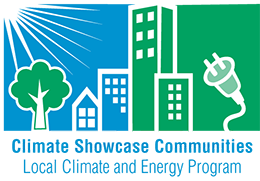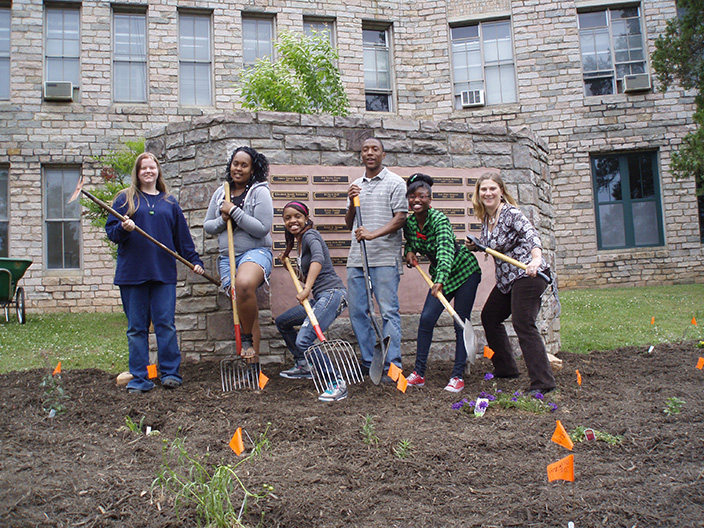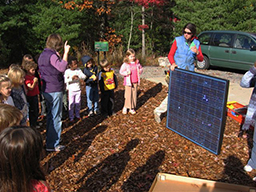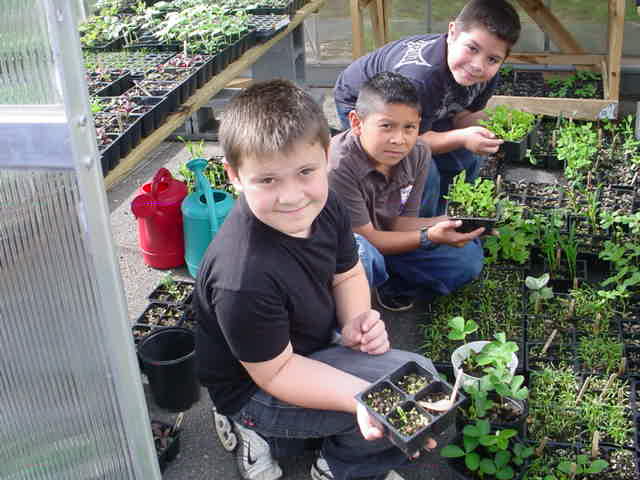
- ABOUT LOS
- DEPARTMENTS
- Administration and Finance
- Area Agency on Aging
- Aging Advisory Council
- Congregate Nutrition Meal Sites
- Fall Prevention
- Family Caregiver Support Program
- Foster Grandparent Program
- HCCBG Services
- Health Promotion and Disease Prevention
- Living Healthy Program
- Local and Regional Planning
- Ombudsman Program
- Project C.A.R.E.
- Senior Centers
- Senior Companion Program
- Senior Tar Heel Legislature
- Economic and Community Development
- PLANNING
- Air Quality
- Clean Energy
- Clean Vehicles Coalition
- Comprehensive Economic Development Strategy
- GIS and Technical Services
- Housing
- Infrastructure and Community Development
- Land Use Planning
- Regional Resilience
- Waste Reduction Partners (WRP)
- Water Resources
- WestNGN Broadband
- ECD Past Projects
- TRANSPORTATION
- Blue Ridge Bike Plan
- French Broad River MPO
- GO Mountain Commuting
- Greenways Initiatives
- Land of Sky RPO
- Regional Transportation
- Mountain Area Workforce Development
- Transportation Resource Center
- CALENDAR
- RESOURCES
- OPPORTUNITIES
- CONTACT US

Economic and Community Development (ECD)
PLANNING
Comprehensive Economic Development Strategy (CEDS)
Infrastructure and Community Development
Waste Reduction Partners (WRP)
TRANSPORTATION
LGS Past Projects
Jump to:
- Linking Lands and Communities
- Mountain Ridge and Steep Slope Protection Initiative
- Reading, Riding and Retrofit
- Local Energy Assurance Project (LEAP)
Linking Lands and Communities
Land of Sky Regional Council is working with leaders from across our four-county region to develop a strategic plan for conservation and development. The project will bring together data from public, private, and non-profit sources, resulting in a series of maps and other tools that can be used to help guide land use decisions across the landscape.
How does the linking Lands Project differ from other land use planning efforts?
The Linking Lands Project aims to understand how our natural systems function across the entire four-county region. While many groups and municipalities focus their land use-related efforts on smaller subsets of the region, the Linking Lands Project uses a landscape perspective to understand the region as a whole. Natural systems don’t stop at county boundaries, or at the edge of a land trusts focus area. This regional approach provides a broader context that can help to knit together these disparate efforts and provide opportunities for leverage and partnership to implement conservation and growth management priorities.
Project Methodology
Using the green infrastructure planning approach, the Linking Lands Project will identify a physical network comprised of region’s most valuable natural systems – including lands that provide water resources, agricultural lands (farms and forests), wildlife habitat and large functioning ecosystems, recreation lands and cultural resources.
This science-based approach incorporates the most current data from local and state agencies and the land trust community and the “on the ground” knowledge of local experts. A series of ecological assessments (conducted by local partners) will be finalized in the fall of 2009 and serve as the backbone for the regional green infrastructure assessment.
Following the green infrastructure assessment, partners will come together through a public charrette to explore future growth scenarios and other factors that impacts the region’s natural systems, including climate change, invasive species, and other natural disturbances. As a result, Land of Sky Regional Council will develop a Regional Conservation and Development Network that will serve as a resource for local governments, land trusts, landowners, and developers.
Implementation strategies and tools for land use planning, financing, management, and stewardship will also be explored.
The project is organized into 5 distinct steps:
- Develop broad-based partnerships and recruit community leaders to participate in the following four steps of the project.
- Gather data, conduct ecological assessments and develop maps for key elements of our region’s natural systems (i.e., green infrastructure), including water resources, agricultural lands, wildlife habitat, recreation and conservation lands, and cultural resources.
- Develop a science-based green infrastructure network for the region based on the assessments and data collected above.
- Create a Regional Conservation and Development Network that incorporates future development and natural disturbance factors into the green infrastructure network developed above.
- Identify Implementation strategies for the Regional Conservation and Development Network and engage partners in these activities.
Public outreach events are scheduled throughout these 5 steps to solicit feedback on all phases of the project and share our results with the regional community.
Mountain Ridge & Steep Slope Protection Initiative
Website - www.buildinginwnc.com
The mountainous area of western North Carolina (WNC) has been experiencing rapid growth and this growth is expected to continue. In the past, most development has occurred in the valleys and on less-steep lands. Increasingly, more people want to build and live on steeper slopes and at higher elevations. Community leaders and long-time residents are expressing concerns about losing the resources and views that give this region its unique sense of place. Land owners and developers are looking for resources to better understand the development challenges that exist in mountainous areas. Local governments are looking for ways to encourage and/or require safer and more responsible development on steep slopes.
In response, the Land of Sky Regional Council secured funding from the Z. Smith Reynolds Foundation and established a diverse Mountain Ridge and Steep Slope Protection Advisory Committee to study this issue and develop strategies to promote safer, more responsible and sustainable development. This study provides a comprehensive examination of issues related to steep slope and ridgetop development and suggests a variety of policies, practices, incentives and regulations to address the issues.
Specific issues addressed in the study include: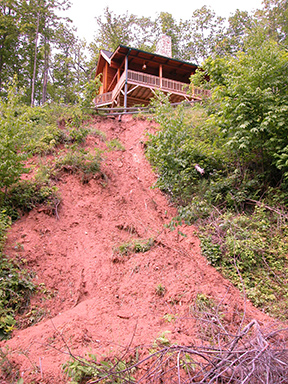
- Public Safety – including landslides and emergency response/access;
- Public Health – including water supply and wastewater treatment;
- Water Quality and Quantity – impacts from increased soil erosion and stormwater runoff and the resulting impacts on fish and other aquatic organisms;
- Best Management Practices and Improvements to the Development Review Process;
- The loss of natural areas – including forestland and wildlife habitat – and the role of land conservation; and
- Economic Impacts – positive and negative impacts of both development and protection programs.
How the study was conducted:
The Mountain Ridge and Steep Slope Protection Strategies Report is the result of a year and a half of research, developing strategies and recommendations and drafting and finalizing the report. It was a collaborative effort involving many individuals and agencies. A Mountain Ridge and Steep Slope Protection Advisory Committee, representing a diverse set of interests and expertise, was formed to oversee this project and develop this report. Its recommendations are offered to government, non-profit and private sector organizations with hopes that they will incorporate them into their practices and take actions to implement them.
The Advisory Committee and staff welcomed public input and involvement throughout the process. Ten separate community input sessions were held in five different WNC counties in May and June, 2007 and approximately 150 citizens and officials attended these. Key groups, including local government managers and planners, developers, realtors, county sanitarians and others were consulted in separate meetings. The Advisory Committee’s monthly meetings were open meetings and meeting notices and notes were sent to anyone who requested them.
Land of Sky Regional Council (LOSRC) staff coordinated the project and staffed the Advisory Committee. For more information, contact Bill Eakerat LOSRC.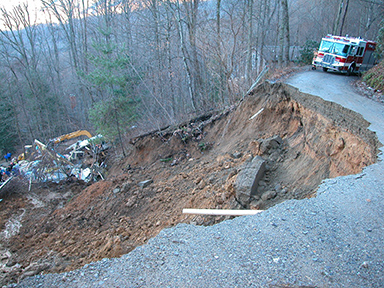
Getting the information out:
Over 1,000 copies of the report have been distributed and over 500 people have heard presentations on the findings and strategies. LOSRC hosted a workshop for WNC planners and staff assisted the local homebuilder and realtor associations establish a new Developer Certification Program to train developers on sustainable building practices. We also sponsored a series of Clear Water Contractor workshops in early 2010.
Building in the WNC Mountains website:
With funding from the Pigeon River Fund, we developed a website targeted to developers and the development “community” – see Building in the WNC Mountains. The website contains a lot of the information from the final report, repackaged to make it easier to use.
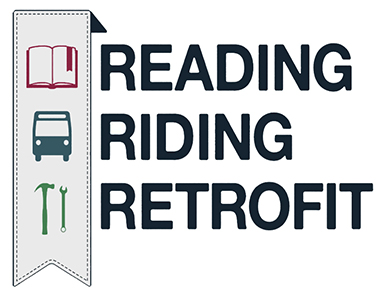 Reading, Riding and Retrofit
Reading, Riding and Retrofit
Website - www.ncgreenschools.org
Reading, Riding and Retrofit is an overarching vision of the Asheville-Buncombe HUB and the Asheville-Buncombe Sustainable Community Initiative (ABSCI) to encourage, promote and support environmental sustainability projects across all schools in Buncombe County. The idea behind it is that since schools cut across socio-economic boundaries and touch almost everyone within a community one way or another, they are in an ideal position to lead and teach the wider community about sustainability.
Land of Sky Regional Council partnered with ABSCI to acquire funding to support some initial steps to get the RRR initiative started and deployed in the Buncombe County public K-12 school systems. LOSRC was awarded $499,500 from the EPA Climate Showcase Communities program in March 2010 – it was one of 25 projects funded across the U.S. to demonstrate innovative community-based projects that can achieve greenhouse gas emission reductions.
The EPA grant has provided funds for facilities upgrades/retrofits to significantly reduce energy use and related costs. Over 60 percent of the grant was allotted to direct facility investments to Buncombe County Schools, Asheville City School, Francine Delany New School for Children, Evergreen Charter School, and Artspace Charter School. These energy saving facility upgrades include gym and classroom lighting improvements, point-of-use hot water heaters, insulation improvements, improvements to HVAC control systems, and a solar photovotaic demonstration project. A solar hot water and an alternative fuel vehicle are also under consideration. The grant also supported school-level environmental leadership projects, designed by teachers and students. These “Green Team” projects encompass a variety of themes. Students collected and analyzed data related to waste, growing food and energy use; created gardens and learned about the multiple benefits of growing your own food; and prepared ways to present what they have learned to other students, staff, parents and the wider community.
Reading, Riding and Retrofit Final Report
For more information and related resources, please visit the project website: www.ncgreenschools.org You may also contact Linda Giltz, Senior Planner and project administrator, at lindag@landofsky.org or 828-261-6622.
Local Energy Assurance Project
The Local Energy Assurance Project (LEAP) is an Energy Assurance Planning Project which is a regional program that includes the Cities, Towns and County governments in the Land-of-Sky Region. The City of Asheville has taken the lead on this project since it is the largest City located in the region.
The governments in this region have agreed to work together to secure fuel supply during times of shortage, which may result from a disaster such as a hurricane in the Gulf of Mexico.
Our Local Energy Assurance Project (LEAP) group is working towards plan development to improve regional resource coordination, and increase energy preparedness should there be an energy emergency in the region. The LEAP project members have created two teams. The Fuel Acquisitions Team will increase the fuel vendor network and coordinate resources in the event of a fuel shortage. The Conservation Team will develop fuel conservation measures to be implemented by the regional partners and develop a public information system to increase conservation and future regional preparedness.
